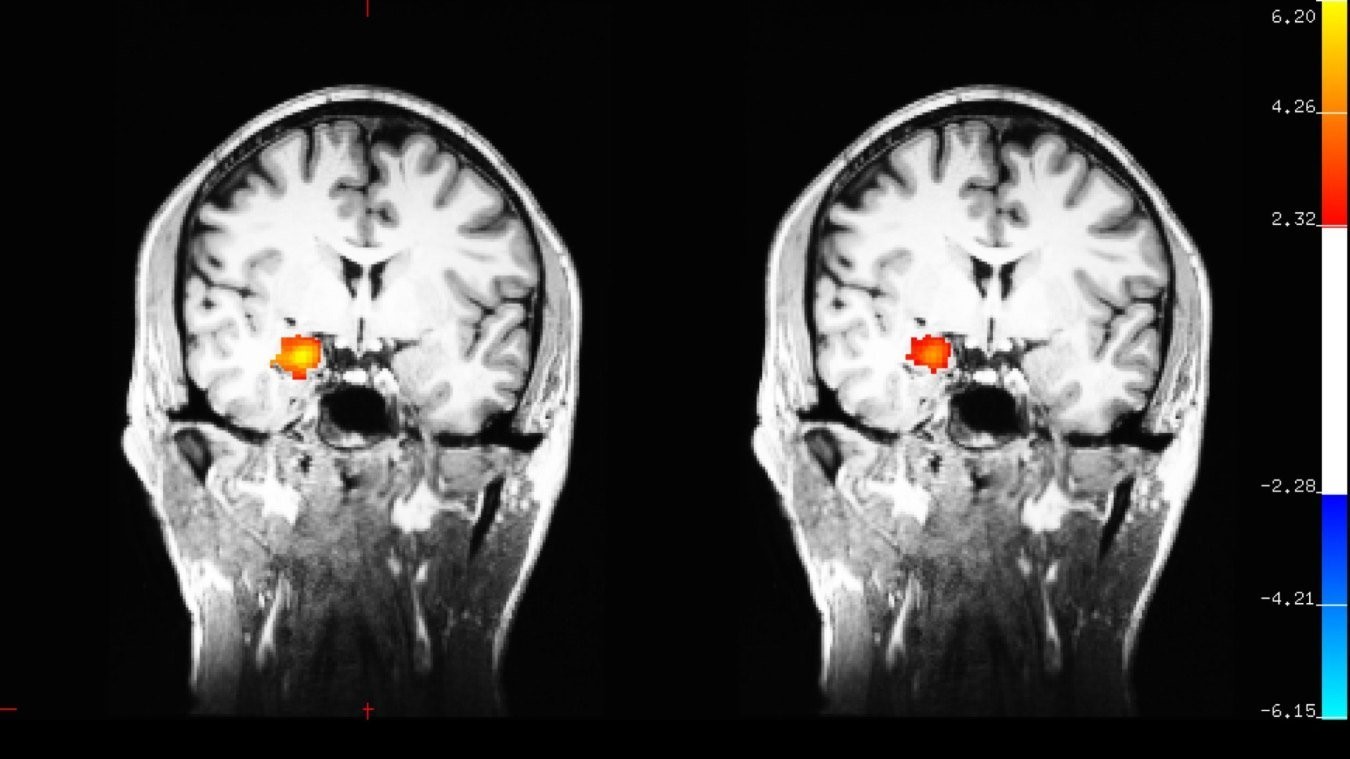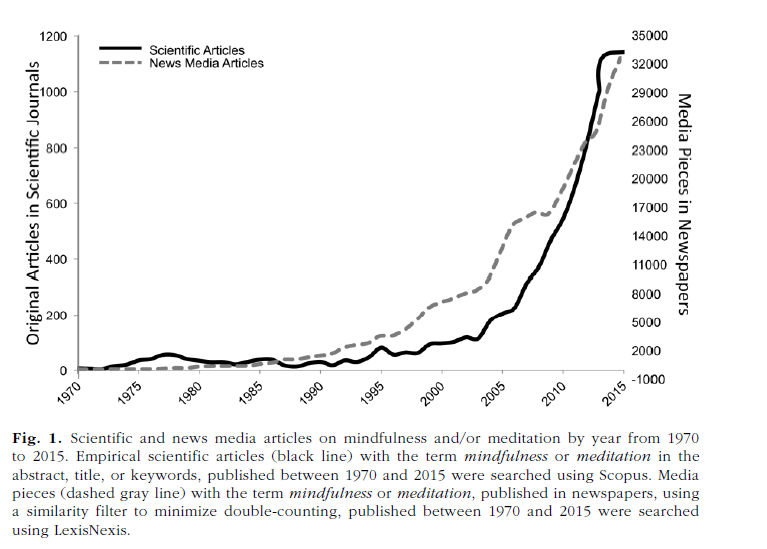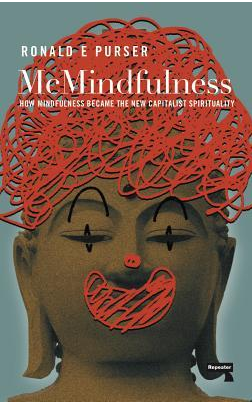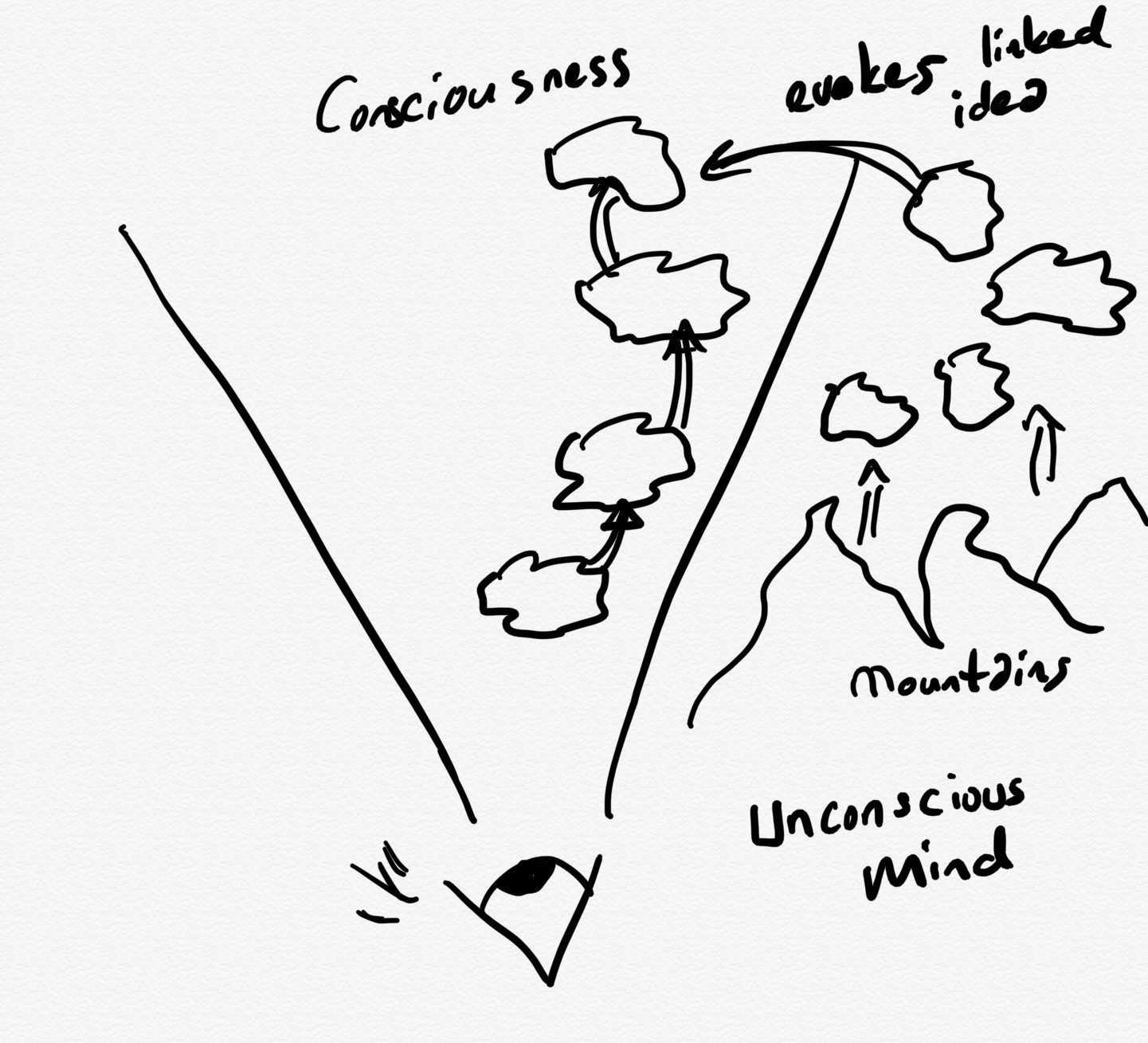Mindfulness is just a hype or life changing concept?
Exploring the impact of mindfulness on personal and professional life, and how it can transform our approach to work and leadership.

After reading Sapiens and Homo Deus, I read the 21 Lessons for the 21st Century from Yuval Noah Harari whenever it was published. In the last chapter, Harari mentions about meditation. Then he gives more information about his personal history with meditation. As he described, he was problematic and anxious during his youth then he thought that in Oxford University he was going to find what he was looking for. Unfortunately, he couldn’t find them in the university education. One day, one of his closest friends suggested him to try Vipassana meditation technique. Harari was convinced and then he went a meditation camp for 10 days. Regarding this experience he says that “ The first thing that I learned with observing my own breath was ,although all the books I read and all the lessons that I took in the university, how less I know about my mind and I have almost no control on it.” (Harari, 2008). It was the moment my journey has started with meditation and mindfulness. Let’s talk a little bit about concepts.
What is Meditation?
Oxford dictionary defines meditation as “the practice of focusing your mind in silence, especially for religious reasons or in order to make your mind calm”. Actually, it is a concept which includes many different techniques. Matko and Sedlmeier from Chemnitz University of Technology defines meditation as “Meditation is an umbrella term, which subsumes a huge number of diverse practices. It is still unclear how these practices can be classified in a reasonable way.” (Matko & Sedlmeier, 2019).
Although there are many different definitions for meditation, if practiced regularly, meditation is thought to help develop habitual, unconscious microbehaviours that can potentially produce widespread positive effects on physical and psychological functioning (Manocha, 2000).
It would make sense to have a look on meditation techniques. There are hundreds of them but I prefer to list a few of them. Narayanan Sirinivasan lists most known meditation methods and some of them are below.
-
Focused attention meditation. These practices are thought to cultivate enhanced concentration and single pointed focus on a given object in addition to the development of meta-awareness (Dahl et al., 2015; Lutz et al., 2008)
-
Mantra meditation. These kinds of practices generally focus on the recitation of a mantra, which is traditionally a word or phrase assigned the them by their meditation teacher (Sirinivasan, 2019).
Open monitoring is a meditation where monitoring skills are transformed to a state of reflexive awareness with a broad scope of attention without focusing on one specific object (Lutz et al., 2008, 2015).

What is Mindfulness?
Mindfulness is the English translation of the Pali word “Sati” (Gunaratana, 2011). Kabat-Zinn defines mindfulness as “paying attention in a particular way: on purpose, in the present moment, and nonjudgmentally” (Kabat-Zinn, 1994). One of the definitions that I liked is “mindfulness is nonjudgmental observation. It is that ability of the mind to observe without criticism. With this ability, one sees things without condemnation or judgement” (Gunaratana, 2011).
I will dare to explain what is mindfulness 😊 at least what I understood from it. Mindfulness is always being connected with inner self. In a mindful state you observe your thoughts, emotions and feelings without any judgment. You are not only one of these thoughts or feelings. Mindfulness means being in an awareness about now and constant change in the life. Meditation techniques like Vipassana help us to train ourselves to reach that kind of mental state. Before sharing my experiences let’s have a look on the researches on mindfulness and its benefits.
Positive effects of Mindfulness on health
There are many researches on mindfulness and its effects on health. I summarized outcomes from some of these significant studies which found out benefits of mindfulness.
A John Hopkins research led by Dr. Madhav Goyal, scientists’ review shows that meditation programs can reduce the negative dimensions of psychological stress. Mindfulness meditation programs, in particular, show small improvements in anxiety, depression, and pain with moderate evidence and small improvements in stress/distress (Goyal et al., 2014). Another important finding in this study "meditation appeared to provide as much relief from some anxiety and depression symptoms as antidepressants (John Hopkins University, 2014).
Gaelle Desbordes during her researches in Harvard university probed mindfulness meditation’s effects on depression, using functional magnetic resonance imaging to take before and after images of the brains of depressed patients who’ve learned to meditate. FMRI (left-hand side) shows activation in amygdala when participants were watching images with emotional content before learning meditation, image on the right-hand side shows eight weeks of training in mindful attention meditation (Powell, 2018). It can be seen that after meditation training there is less activity in the amygdala.

Jeena Cho in her article in Forbes, summarized proven benefits of mindfulness and they are; reduces anxiety, reduces implicit age and race bias, mindfulness-based cognitive therapy (MBCT) may prevent and treat depression, increase body satisfaction, mindfulness meditation improves cognition, mindfulness meditation help the brain reduce distractions (Cho, 2016). Another study on mindfulness-based stress reduction & mindfulness with cognitive therapy states that beneficial effects were mostly seen in mental health outcomes: depression, anxiety, stress and quality of life improved significantly after training in MBSR or MBCT (Gotink et al., 2015).
In summary, there are proofs which shows that mindfulness meditation can be a supportive treatment for problems especially anxiety, stress and depression.
Critiques on Mindfulness
Although there are studies regarding mindfulness and how it might have positive effects on various issues. During my research I have also encountered some articles which are questioning aforementioned benefits of mindfulness. A research by Van Dam et al., summarize problems of researches regarding mindfulness and its benefits. In study it has been claimed that there is a common misperception in public and government domains that compelling clinical evidence exists for the broad and strong efficacy of mindfulness as a therapeutic intervention (Van Dam et al. 2018). Van Dam et al. firstly suggest to clarify meaning of mindfulness itself and eliminate semantic ambiguities. Due to this absence of consensus on definition of mindfulness, there are difficulties in operationalizing and measuring mindfulness in researches. In addition to that researches also highlighted problematic aspects of self-report questionnaires about mindfulness meditation’s effects.
Another aspect mentioned is that exaggerated benefits of mindfulness might mislead patients and they can stop to pursue other standard treatments so they can suffer from misconception about mindfulness effectiveness.
There are many other objections about methods which are used to measure benefits of mindfulness and misleading information regarding outcomes of mindfulness meditation.
It is obvious for me that there will more discussions and researches about effects of mindfulness on health. What I have realized that critiques actually are not targeting mindfulness itself. What I have read regarding objections so far is all about used scientific techniques to measure results. There are also doubts about outcomes which relies on information doesn’t have strong proofs yet.
What I would like take your attention on how much mindfulness became popular in that last 10 years. Let’s check the figure from the same research by Van Dam et al.

I don’t know what you think but when a concept or a meta became so much popular then I am getting more skeptical about it. Is it something pushed as a marketing activity or just a trend? Actually, it is better to see that number of articles in scientific journals increased during last years. From my point of view, it will give us more information about effects of mindfulness. What about all these materials (books, trainings, online courses) regarding mindfulness. We can’t deny that mindfulness created a market for itself.
During my reading regarding this topic, I came across with Ronald Purser’s book and had a look on it. Although I didn’t read the book completely, had a chance to check some important parts and read some articles about book itself. Purser brings really powerful critiques on mindfulness concept which is supported by many famous celebrities, CEOs and leaders. He says that “Although derived from Buddhism, it’s been stripped of the teachings on ethics that accompanied it, as well as the liberating aim of dissolving attachment to a false sense of self while enacting compassion for all other beings”. He continues his bold comments as “A truly revolutionary mindfulness would challenge the Western sense of entitlement to happiness irrespective of ethical conduct. The practice is being sold to executives as a way to de-stress, improve productivity and focus, and bounce back from working eighty-hour weeks.” (Purser, 2019).

His objections heavily based on how mindfulness is marketed and how it has been promoted as a magic tool to fix lots of problems like stress and anxiety mostly comes from work. Last but not the Slavoj Zizek who is a philosopher have strong objections on mindfulness. He defines mindfulness concept as Western Buddhism and Zizek sees it as an ideological tool that tranquilises people into docility. Rather than being a way to cultivate freedom and emancipation, Zizek suggests that Mindfulness might be a way to enact our capitulation to the oppression we experience in capitalism (MentalPraxis, 2016).
It is a fact that there are many critiques not only regarding health aspect of mindfulness but also about promoted mindfulness concept itself. I think that all this information is enough to understand that the issue is not an easy one to figure out. After all that knowledge and different ideas, let me share with you what I have experienced so far and what I am thinking about all these discussions.
What I have experienced so far and my thoughts on the issue
I am definitely a beginner in meditation. In the last 2 years, I meditate with using Vipassana technique but I must immediately admit that not in a regular basis. I was having problems about mind wandering. Actually, it was not directly affecting my work. When I was working on something with a concentration, I had no problem like switching between subjects in my mind. My mind wander when I don’t concentrate on something.

Let me explain it with my drawing. I demonstrated our values such as nationality, religion, important personality properties as mountains which are source of our thoughts lies in unconscious mind. During the day there are many different ideas pops up to our conscious mind that we didn’t choose to think. If you just jump one of these idea clouds then you might trigger a chain of thoughts. When you are thinking about one of them it associates another thought cloud then you jump to this one. It might even evoke another thought from your unconscious mind. At the end of the day you have lost your control about what you are thinking and may be time also passed so quickly when you have realized that you have been thinking on some ideas that you didn’t choose to think.
With Vipassana, I made a progress on being aware of what I am thinking. I know that I can’t control my brain to decide on which idea will pop up next. There are many neural links between my memories and ideas so what I can do is being aware of my mind is focused on what. Another benefit is trying to observe emotions that I feel. Emotions pop up when something happened in the outside world or when we were thinking about something. Whatever reason these emotions occurs, they might take our mind’s control if we let them. Just remember a time that you got furious and lost your control then said something that you didn’t mean. It is exactly the point where mindfulness state of mind can help us to take a step back and don’t let any emotions take our mind’s control. I know that it is nearly impossible to always observe your mind as a third person. Due to that reason meditation practices help to improve this awareness during the day.
Regarding critiques on mindfulness concept, I think that Zizek and Purser are pointing out some very important issues about how “promoted mindfulness” can mislead people. I am saying “promoted mindfulness” because I agree with them about if you eliminate all the philosophy lies under mindfulness concept then what you are going to get is a different thing. I don’ t think that mindfulness should be considered as just a performance improvement pill or a tool which can be used to get rid of all your problems regarding past and future. We can’t close our eyes on issues which create huge negative impacts on our lives and pretend as they never exist. Actually, from my point of view mindfulness itself never suggests such a way. You can definitely learn from past but without being stuck, you plan future without having enormous anxiety. You can give reactions not just based on your emotions that you can’t control but also with a better decision-making mechanism. I know that all these seem really hard to accomplish and definitely they are. What I want to highlight that we could have both a mindful mind and a problem-solving attitude both. We don’t have to pick only one of them.
In summary, I think that mindfulness concept can be helpful for us if we understand it and don’t have very high expectations from it. After all, for me it is hard to call it as a complete hype but still there are significant parts regarding this concept should be taken into account.
Thanks to my Dear wife for being my editor :)
References
- Yuval Noah Harari, 2018, “21 Lessons for the 21st Century”
- Manocha, 2000, “Why Meditation?”
- Meditation effective in treating anxiety, depression, Hopkins research suggests, January 2014, https://hub.jhu.edu/2014/01/08/meditate-to-reduce-depression/
- Goyal et al., March 2014, Meditation Programs for Psychological Stress and Well-being, https://jamanetwork.com/journals/jamainternalmedicine/fullarticle/1809754
- Alvin Povel, April 2018, When science meets mindfulness, https://news.harvard.edu/gazette/story/2018/04/harvard-researchers-study-how-mindfulness-may-change-the-brain-in-depressed-patients/
- Jeena Cho, July 2016, 6 Scientifically Proven Benefits Of Mindfulness And Meditation, https://www.forbes.com/sites/jeenacho/2016/07/14/10-scientifically-proven-benefits-of-mindfulness-and-meditation/#7176604863ce
- Gotink et al., April 2015, Standardised Mindfulness-Based Interventions in Healthcare: An Overview of Systematic Reviews and Meta-Analyses of RCTs, https://journals.plos.org/plosone/article?id=10.1371/journal.pone.0124344
- Van Dam et al., 2018, Mind the Hype: A Critical Evaluation and Prescriptive Agenda for Research on Mindfulness and Meditation, https://journals.sagepub.com/doi/pdf/10.1177/1745691617709589
- Ronald E. Purser, 2019, McMindfulness: How Mindfulness Became the New Capitalist Spirituality
- Kabat-Zinn, J. (1994). Wherever you go, there you are: Mindfulness meditation in everyday life. New York: Hyperion Books.
- MentalPraxis, 2016, De-Mystifying Mindfulness, http://www.cis.jhu.edu/~akolasny/mooc/mindfulness/DM_Module4_Reading.pdf
- Matko & Sedlmeier, 2019, What Is Meditation? Proposing an Empirically Derived Classification System, https://www.researchgate.net/publication/336552446_What_Is_Meditation_Proposing_an_Empirically_Derived_Classification_System
This article was originally published on LinkedIn.